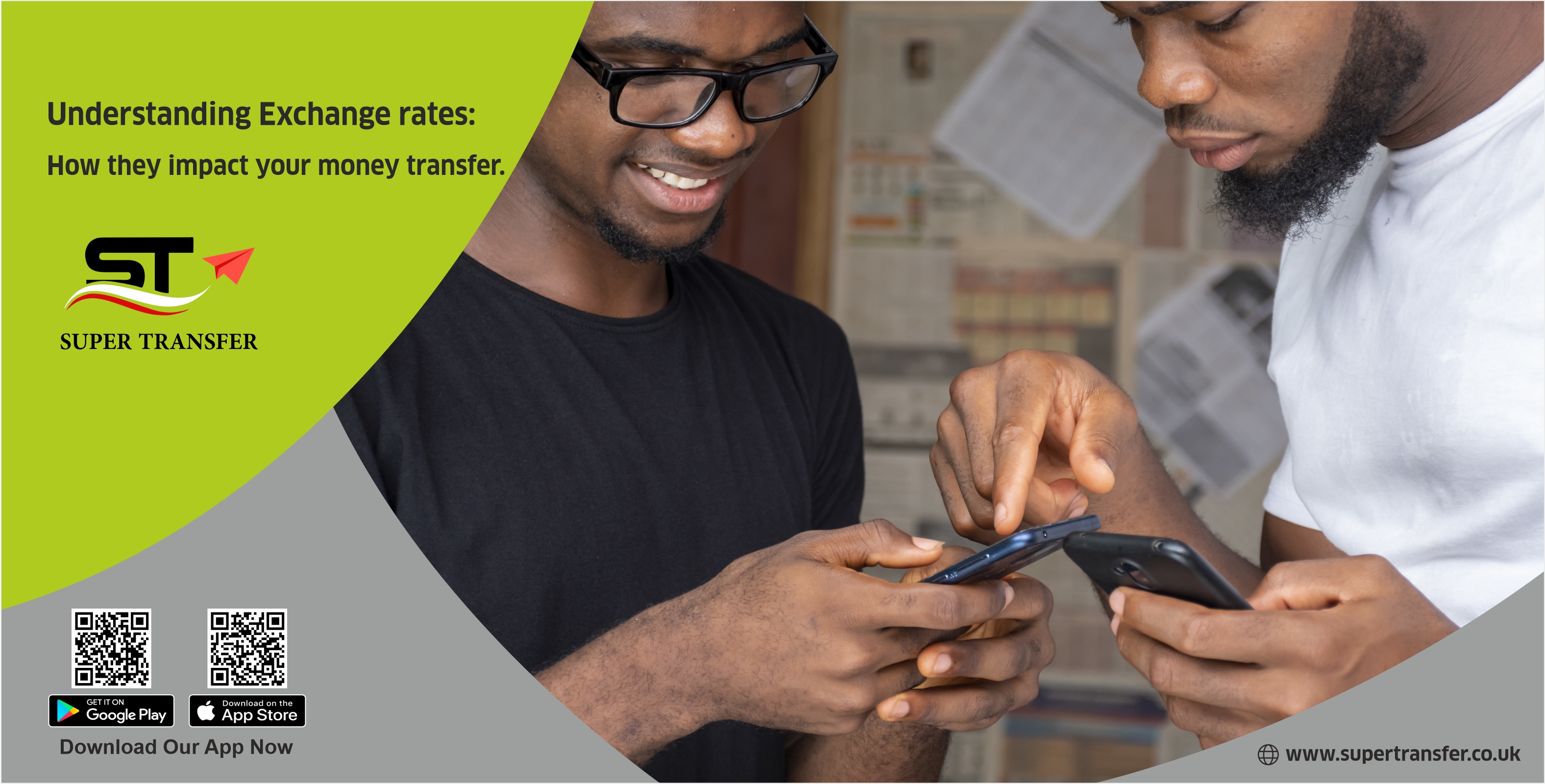So, What is the Exchange Rate?
It is essentially the rate at which the currency of one country can be exchanged for another one. The exchange rate impacts trade and the movement of money between nations. Let us interpret this fact with an easy example.
Suppose you earn £1,200 monthly in England, and you intend to send £500 to Nigeria. The monetary value of the £500 in Nigerian currency depends on the exchange rate. If the prevailing rate of exchange is 956 on the transfer day, the value of £500 will be 478,000 NGN in Nigeria.
However, the situation is not so straightforward. Many other factors come into play when calculating the final amount. Let us see that below.
Understanding the Working of the Exchange Rate
First and foremost, the transfer fee will kick in. It means that you cannot transfer 478,000 NGN or send money to Nigeria just by factoring in the existing exchange rate. You have to consider the transfer fee.
If the fee for the transfer is 5 GBP you will actually send 475,000 NGN (950 * 500) at the rate of 1 pound = 956 NGN. The transfer fee should be paid additionally to the service provider.
However, note that the exchange rate between the two nations keeps changing daily. During uncertain times, it changes within hours or even minutes.
Let us assume that you got £1,000 on the very first day of the month. You find that the exchange rate is 956 NGN per pound, while the transfer fee is 5 GBP. You think that you can transfer 475,000 NGN by exchanging £500 at the prevailing rate with a fee. So, you might call your family back in Nigeria and tell them that they can spend money on whatever they want with the 475,000 NGN.
However, you stay occupied that day and transfer at a later date. Surprisingly, two days later, the exchange rate becomes 925 NGN per pound. So, you could only transfer 460,000 NGN instead of 475,000 NGN (previously). What a big setback to you as well as your family! Even if you send them £500, they will get less money because of the fluctuation in the exchange rate.
Points to Remember if You Plan to Send Money to Nigeria
First, check daily news to figure out if anything will affect the exchange rate. Is there a possibility that there will be a major fall in the exchange rate? If the answer is yes, send the money quickly.
Also, if you believe that the value of NGN will depreciate in a week or so, wait for that time before making the transfer. This will let you send more money. Unemployment, war, and political stability are other global factors that you should monitor.
Concluding Thoughts
Understanding the rate of exchange is essential for folks who want to remit money to their home countries. If you work in the UK, you must weigh your options on maximising your remittances. Check the exchange rate every day and choose the best way to send money to Nigeria from UK.
Choose the Super Transfer to send money to Nigeria
- Quick Onboarding
- Manage Receivers
- Tracks your transfers
- Safe transfers
- Flexible and easy

